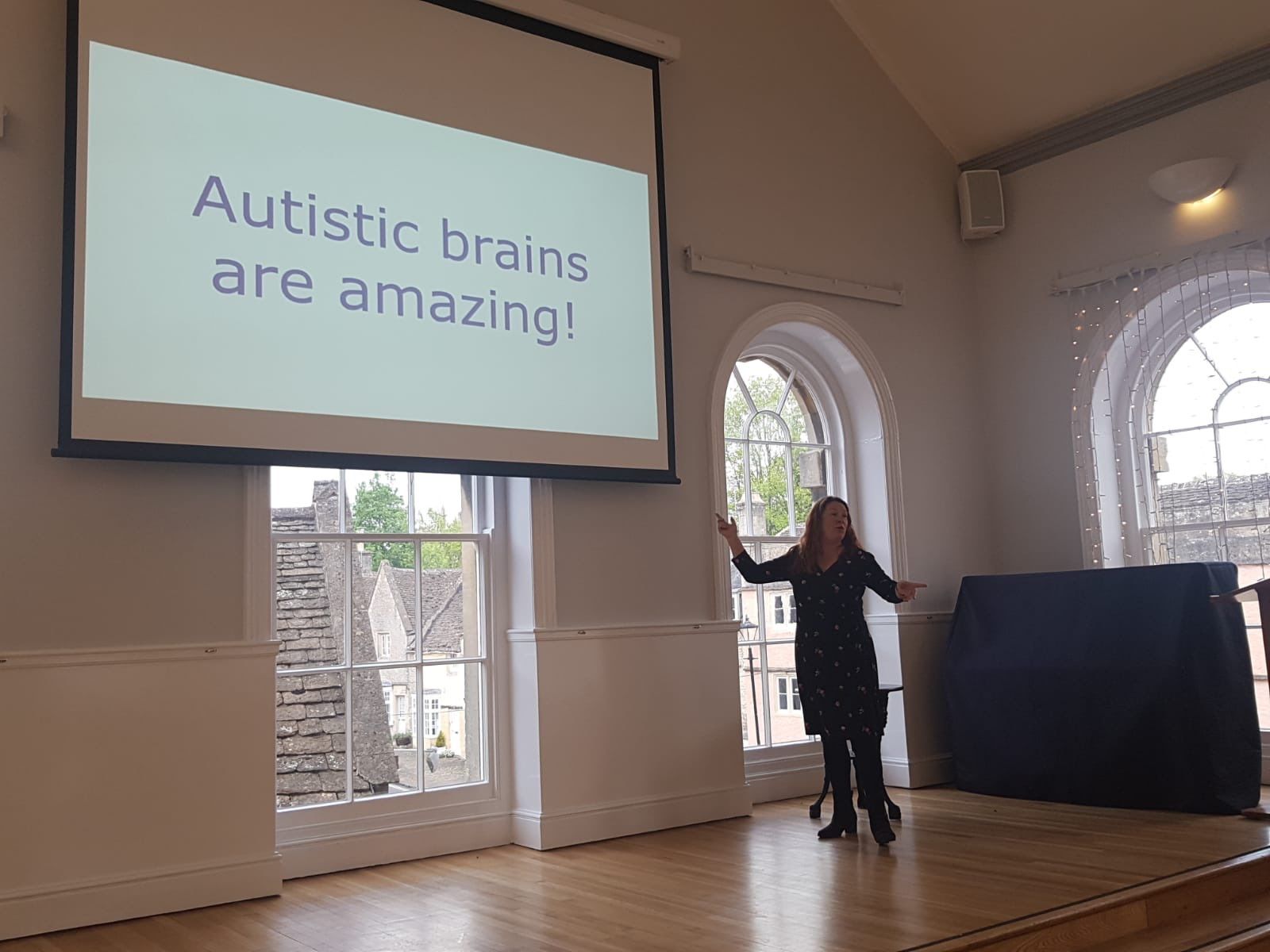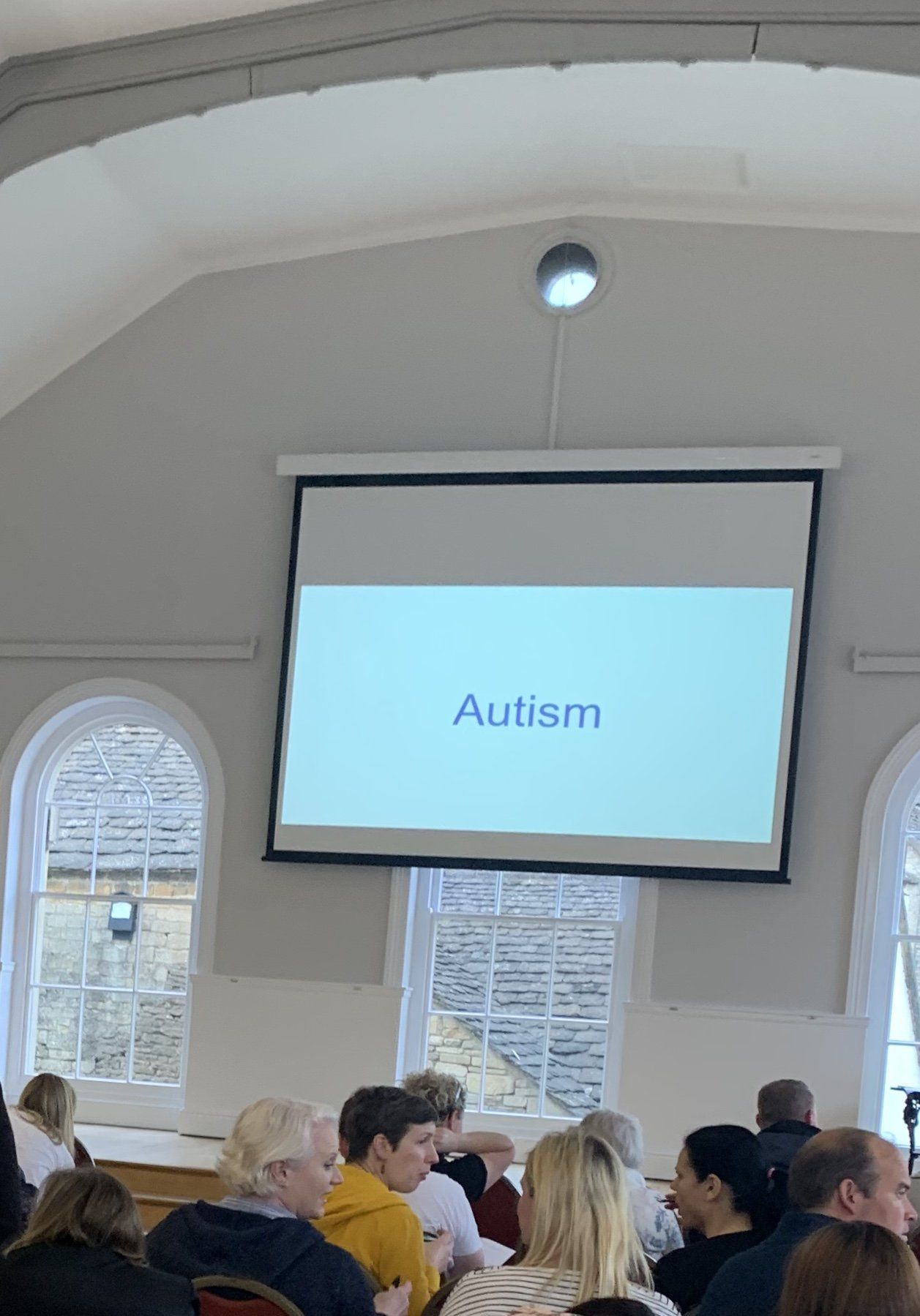Learning about emotions
Learning about Emotions
Pre-school children are often introduced to the basics of a second language. We teach computer coding languages in schools and study ancient scripts. Yet we often fail to adequately to teach children about the nature and language of our emotions.
Humans constantly express how they feel, and a sharing of emotions is seen as key to developing relationships.
We learn about emotions by experiencing them. We learn to understand and appropriately express our emotions through watching and copying others and the feedback they give us. We learn the boundaries and consequences of sharing emotions through the responses of others.
Autistic children can’t always manage or communicate emotions as effectively as non-Autistic children. This affects their friendships, family relationships, behaviour and may often get them into trouble at school.
Autistic children may:
· struggle to pick the right emotional response. They might feel angry rather than disappointed when they get the smallest slice of cake
· struggle to name emotions. When asked how they feel, they may say sick, headachy, squirmy inside when it may actually be anxiety that they’re feeling
· not recognise the emotion someone else is displaying. If a teacher peers directly at them, stops talking and waits, an Autistic child may not realise this means frustration
· over-feel and be overwhelmed by emotions
· supress emotions as they can be frightening to deal with. This means that they might not express an emotion as and when expected, for example not responding with visible grief at the death of a family member
Causes
Research into the Autistic brain is still ongoing. It is generally accepted that it develops differently to non-Autistic brains, as shown by MRI brain scans. Emotional control, communication, language, memories, decision making and many more brain functions are all involved in managing and expressing emotions. The interlinking and connections within the Autistic brain are different. This impacts how the varying parts work together to affect and control emotions and behaviour.
Alexithymia is the inability to recognise and describe your own emotions. Researchers are trying to identify if this is a part of Autism or a standalone condition often found in Autistic people.
Emotional development may be delayed or different to the other children around them, which again reduces the opportunity to learn about emotions from others.
Autistic children may find themselves excluded by peers. They may also choose to isolate themselves, as other children’s emotions seem to be unpredictable and unfathomable. This makes it so much harder for Autistic children to learn about emotions from family and peers and to respond in the way everyone expects them to. It can be like watching a stunt bike show and being expected to join in whist you’ve still got stabilisers on your trike.
How to help
· pick the right time to learn about emotions. Wait for a time with calm emotions, low sensory input and low anxiety and the child will be better able to listen and understand
· keep it development stage/age appropriate but don’t avoid sensitive or embarrassing topics
· use examples in photos, cartoons, books and TV shows which bring emotions to life
· discuss how emotions make them feel inside so that they can learn to recognise and name them
· identify and celebrate positive emotions such as happiness, excitement and cheerfulness
· talk about the importance of negative emotions, along with why it’s important to not get overwhelmed by them or to feel that they are the only choice. Being constantly angry is exhausting
· ask what makes them feel happy, sad, disappointed, disgusted, surprised envious, etc.
· look at emotions in lots of different people and situations to help the child make connections
Repeat, repeat and repeat some more! The more we learn about emotions the better we can manage and share them.
by Helen Eaton
Through her work, Helen Eaton (MSc, PGCE) has gained a fascinating insight into both education and the workplace. She combines over 20 years’ experience delivering management training to the UK’s leading IT and Finance companies with a passion for education and a teaching qualification. Now specialising in Neurodiversity, she has worked with many families and professionals, promoting the importance of understanding and supporting Autism and Specific Learning Difficulties. Most importantly, she has a Neurodivergent family and rejoices in the uniqueness of their Autistic, ADHD and Dyslexic minds.
If you reproduce or share this work please acknowledge the source and the author.









